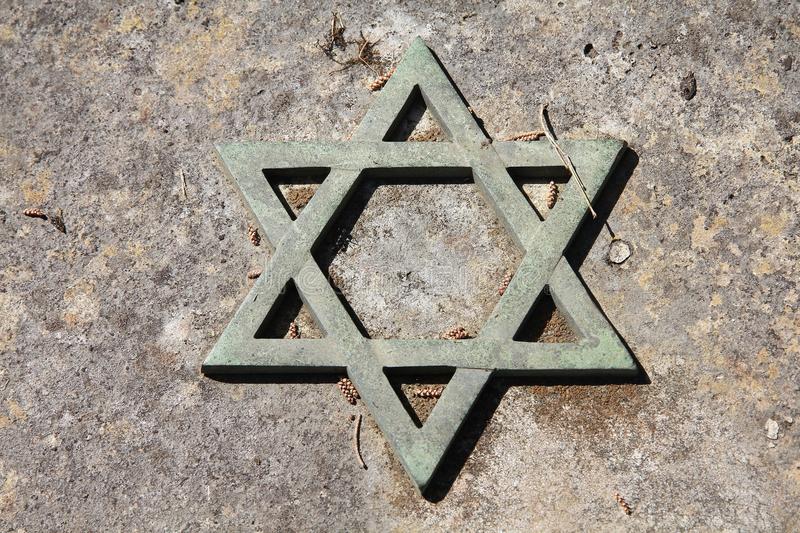
Dating back nearly 4,000 years, Judaism is the monotheistic religion developed among the ancient Hebrews. The world’s oldest monotheistic faith, Judaism was founded in the Middle East. It is the religion and way of life of the Jewish people.
The afterlife is a fundamental of Jewish belief. The Jewish religion therefore teaches that honoring, respecting, and caring for a person who has died is one of the greatest mitzvot (commandments). From the moment of death until burial, the son, daughter, sister, brother, mother, father, or spouse of the deceased is considered an onen, or mourner. These immediate relatives care for and prepare the deceased for burial. It is the Jewish custom that the deceased not be left alone during this period. The use of sh’mirah, people who guard the body before burial, is considered an act of great respect.
Judaism, viewing the body as the property of God, prohibits cremation. Jews bury the deceased as quickly as possible to provide comfort for the soul of the departed, and expedite the soul’s journey to the next world. The departed is buried wearing a simple white shroud, or tachrichim. The deceased is then buried in a simple, biodegradable casket, such as a casket made entirely of wood.
Jewish families accept strict mourning traditions to show kavod ha-met (respect for the dead), and to comfort the living.
Woodlawn continues to be a non-sectarian cemetery without a specific religious affiliation.
